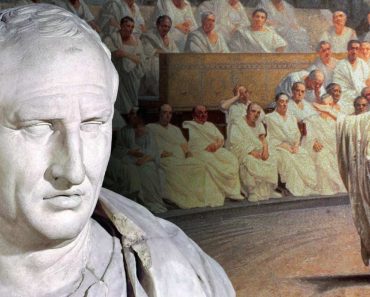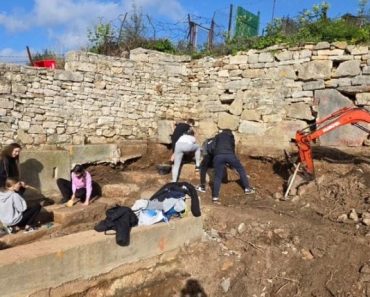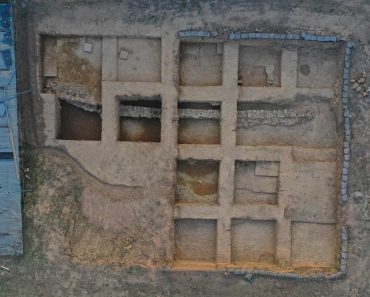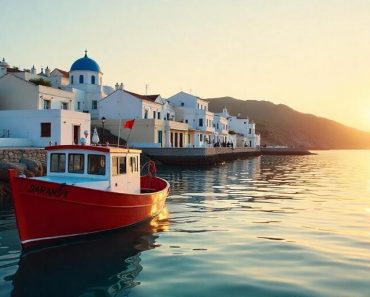
The European Parliament is set to vote next week on the annual progress report on North Macedonia.
Although the draft approved by the Foreign Affairs Committee included references to “Macedonian identity” and the “Macedonian language,” reports in Bulgarian media sources say the three largest political groups in Parliament have since agreed to remove these terms from the final version. A majority is expected to support the change during the upcoming plenary vote.
Greece and Bulgaria’s longstanding disputes with North Macedonia
North Macedonia’s path toward European Union membership has long been hindered by disputes with both Bulgaria and Greece over issues related to national identity and language. Greece had blocked Skopje’s EU and NATO aspirations for years, citing a territorial and historical dispute over the country’s use of the name “Macedonia,” which is a fundamental part of Greek heritage.
Ancient Macedonia was a Greek kingdom, whose language, culture, and rulers—most notably Alexander the Great—were entirely Greek. The Slavic population now inhabiting North Macedonia settled in the region more than a thousand years later and thus has no historical connection to ancient Macedonia.
This long-standing disagreement led to the Prespa Agreement, under which the country was officially renamed “North Macedonia.”
Meanwhile, Bulgaria continues to object to the recognition of a distinct Macedonian identity and language, claiming these are historically and linguistically Bulgarian. These disputes have resurfaced in the European Parliament under pressure from Bulgarian MEPs. The move prompted backlash from North Macedonia, whose Prime Minister condemned it as an attack on national identity.
Bulgarian MEP reacts
Bulgarian MEP Andrey Kovatchev said in a social media post:
“At the request of the European People’s Party group, the three largest political groups in the European Parliament—the European People’s Party, the Alliance of Socialists and Democrats, and Renew Europe—agreed on Wednesday evening to remove all references to Macedonian identity and the Macedonian language from the draft Progress Report on North Macedonia. I expect this amendment to be supported by a majority in the European Parliament next week in plenary.“
According to Kovatchev, issues of national identity and language have no place in a report on the progress of a country that is a candidate for EU membership.
North Macedonia Prime Minister Mickoski’s reaction
The removal of references to “Macedonian national identity” and “Macedonian language” provoked a strong reaction from North Macedonian Prime Minister Hristijan Mickoski, who accused Bulgaria of using “Taliban” methods.
“Methods reminiscent of the Taliban have been used to remove Macedonian identity and the Macedonian language from the European Progress Report. Unfortunately, we have experienced this as a people in the 21st century,” said Hristijan Mickoski.
Bulgaria’s veto and the European Union’s proposal
Bulgaria has effectively blocked North Macedonia’s EU accession talks since it was granted candidate status, vetoing the formal start of negotiations in 2019. However, following EU mediation, the two governments reached a compromise.
Under that deal—finalized by the ruling Social Democratic Union of Macedonia (SDSM) government—Skopje agreed to amend its constitution to recognize the Bulgarian minority and establish joint commissions on historical and cultural issues. Bulgaria also insisted that North Macedonia make progress on resolving broader historical and linguistic disputes and strengthening bilateral relations.
The required two‑thirds parliamentary majority for the constitutional amendment was never secured—largely because of opposition from the right‑wing VMRO‑DPMNE party. Since coming to power under Prime Minister Hristijan Mickoski, VMRO‑DPMNE has rejected the compromise outright and stated there will be no constitutional changes recognizing a Bulgarian minority.
Data from North Macedonia’s latest 2021 census says Bulgarians make up only 0.2 percent of the country’s population (3,500 people). Sofia disputes this figure, arguing that the percentage of Bulgarians in North Macedonia is much higher.







